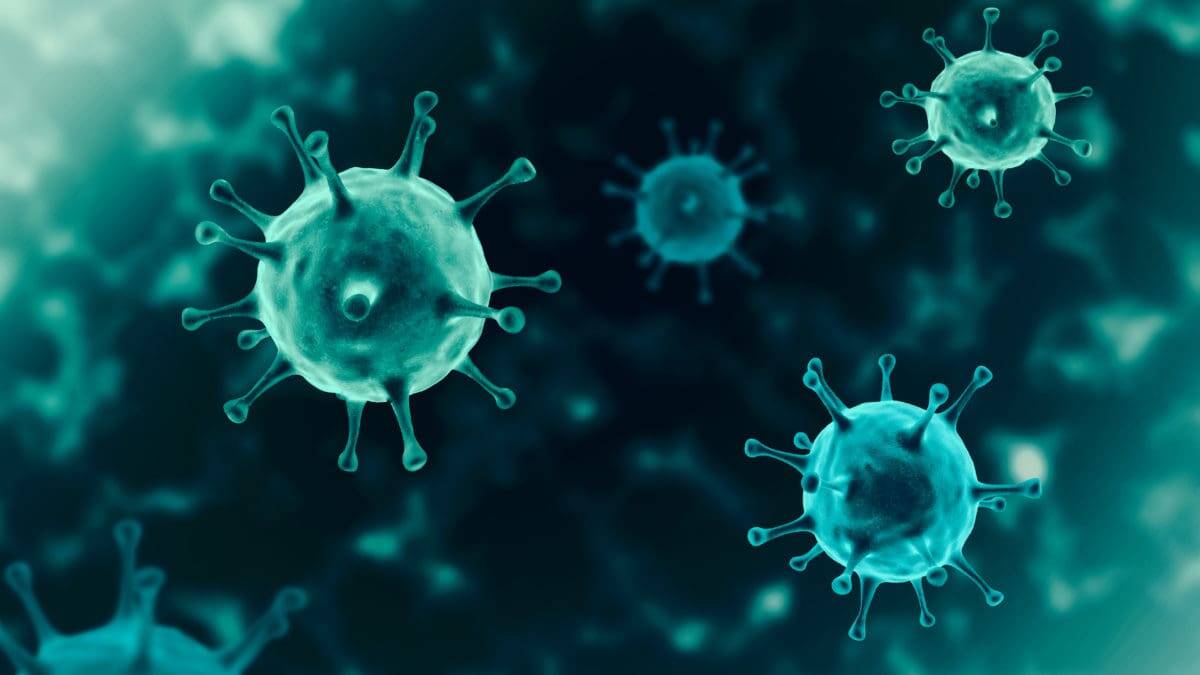Public appetite for COVID-19 vaccine rises to 85%, says Ipsos MRBI tracker survey for IPHA

Public appetite for COVID-19 vaccine rises to 85%, says Ipsos MRBI tracker survey for IPHA
Just 6% of people would refuse a COVID-19 vaccine, a consistent trend since the start of the year
The number of people who intend to get vaccinated for COVID-19, or who have already received a vaccine for the disease, has risen to 85%, according to the results of the latest tracker survey by Ipsos MRBI for the Irish Pharmaceutical Healthcare Association (IPHA) which represents the international research-based biopharmaceutical industry.
The results show that 73% of people will take a COVID-19 vaccine. But when combined with the vaccinated cohort, or 12% of the sample*, that number rises to 85% – 10 points higher than the percentage of people who said in January that they would take a COVID-19 vaccine.
Between January and April, the number of people who said they either won’t get vaccinated for COVID-19 or were unsure about taking a vaccine has declined. In January, 7% said they would refuse a COVID-19 vaccine and 18% were unsure. This month, 6% say they will refuse a COVID-19 vaccine and 10% are unsure.
Intention to take a COVID-19 vaccine is higher among older age groups and some in these groups have already been vaccinated. While just 6% of people overall say they will not take a COVID-19 vaccine, it is highest among 25 to 34-year-olds, at 10%. While 10% say they are unsure about taking a COVID-19 vaccine, in the 18 to 24-year-old cohort it is 21%.
Bernard Mallee, Director of Communications and Advocacy at IPHA, said: “It is encouraging that the public’s appetite to get vaccinated for COVID-19 has been steadily increasing since the start of the year. There is no room for complacency though. We must keep facts to the forefront and trust the science. We are sharing on our social channels the benefits of immunisation through facts-based messaging and personal everyday stories told through film. As we start European Immunisation Week, communication and engagement are important in building confidence.
“Vaccines are rigorously tested in clinical trials and closely monitored in the community by independent regulatory agencies. Vaccines offer protection against infection which, allied with responsible behaviours, have an impact on the transmission of the virus. As more of us get vaccinated, we can expect to see greater protection in the community. While all that is happening, we should keep following public health advice.
“Our industry, working with so many others, is bringing forward safe and effective COVID-19 vaccines in record time. Companies are working hard to surge COVID-19 vaccines production to meet global demand. Because of viral mutations, modified vaccines are in development. Much of our progress has been enabled by global collaboration and by science. Safety and effectiveness are our watchwords. Eventually, we will beat the pandemic, knowing there are better days to come.”
Vaccination is a global health and development success story, saving millions of lives every year. We have vaccines to prevent more than 20 life-threatening diseases, helping people of all ages live longer, healthier lives. Vaccines administered in Ireland help to prevent 13 diseases including measles, meningitis and whooping cough. Now, we are on a path towards adding COVID-19 to the list. The World Health Organisation estimates that vaccines save up to three million lives every year.
With the exception of clean, safe drinking water, vaccination is one of the most successful and cost-effective public health interventions ever. Vaccines have ridded the world of smallpox, driven polio to the brink of eradication, and virtually eliminated measles, diphtheria and rubella in many parts of the world.
During COVID-19, the originator biopharmaceutical industry continues to manufacture medicines and supply them to patients, search for COVID-19 vaccines and treatments, help local charities, hospitals and voluntary groups, and create significant economic value through exports, jobs and tax revenue. The industry, globally, is working hard to upgrade existing sites, and to find partners with suitable sites that can be upgraded, as part of efforts to surge COVID-19 vaccines manufacturing.
ENDS
About The Survey
Ipsos MRBI conducted 983 telephone interviews with adults aged over 18 between March 31st and April 14th, 2021. The sample was nationally representative for age, gender, geography and social class. *The survey may underestimate the number of people who have already received a COVID-19 vaccine because people in nursing homes, hospitals and other care settings were not interviewed.